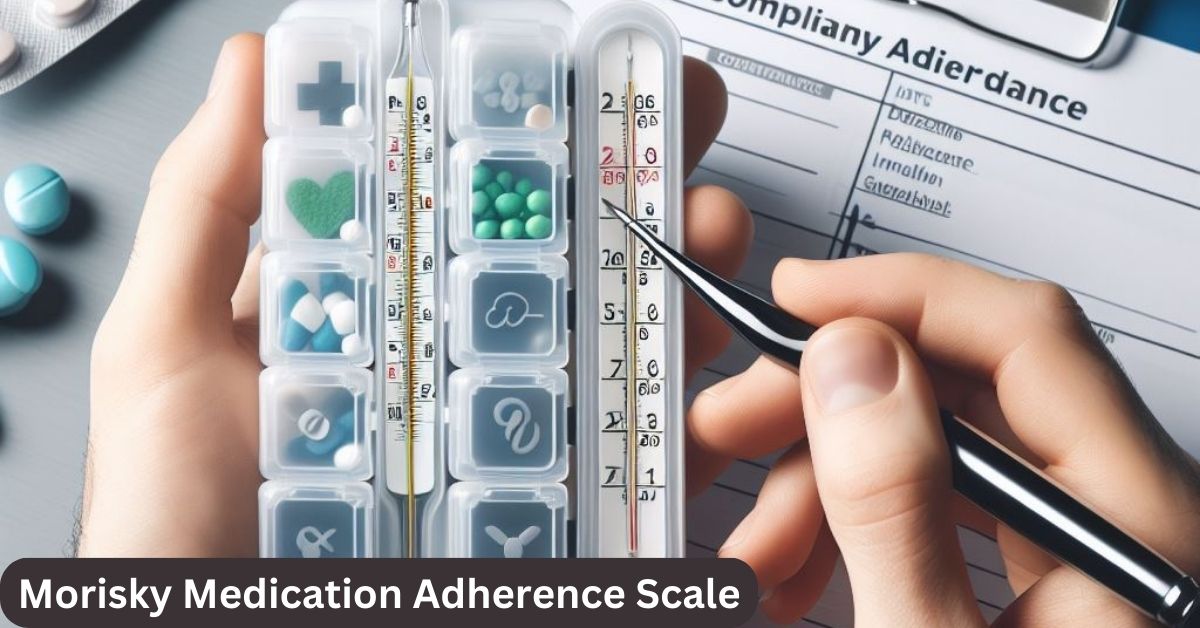Taking medicine as your doctor recommends is crucial for your health. But how can doctors know if you’re following their advice? That’s where the Morisky Medication Adherence Scale (MMAS) comes in. It’s like a questionnaire that helps doctors understand if you’re taking your medicine the way you should.
Table of Contents
What is Morisky Medication Adherence Scale?
Think of MMAS as a special set of questions your doctor might ask. These questions help them figure out if you sometimes forget to take your medicine or if you choose not to take it on purpose. It’s like a tool that helps your doctor understand how well you’re following their advice.
How Doctors Use Morisky Medication Adherence Scale
When doctors get your answers, they can know if you might have trouble taking your medicine. It’s a bit like a health check for how good you are at taking care of yourself. Sometimes, people might want to give answers that sound good instead of the truth. But doctors know this and use MMAS along with other ways to get a good picture of how you’re doing.
Understanding Your Morisky Medication Adherence Scale (MMAS) Score
After you answer the questions, you get a score. A higher score means you’re doing well in taking your medicine. But if your score is not so high, it’s okay – your doctor just wants to understand and help. Your doctor might even share stories of others who faced similar challenges but found ways to get better.
What’s Next for Morisky Medication Adherence Scale
As technology gets better, MMAS might become a part of your phone or watch. Imagine your doctor getting information about how you’re doing with your medicine in real-time! It’s like having a health buddy right on your wrist, cheering you on.
So, the Morisky Medication Adherence Scale is like a friendly helper for your health. It helps your doctor understand your challenges and find ways to support you. As technology grows, so does our ability to take better care of ourselves. Stay tuned for more exciting ways MMAS might help us in the future!

I am a Registered Pharmacist under the Pharmacy Act, 1948, and the founder of PharmacyFreak.com. I hold a Bachelor of Pharmacy degree from Rungta College of Pharmaceutical Science and Research. With a strong academic foundation and practical knowledge, I am committed to providing accurate, easy-to-understand content to support pharmacy students and professionals. My aim is to make complex pharmaceutical concepts accessible and useful for real-world application.
Mail- Sachin@pharmacyfreak.com
